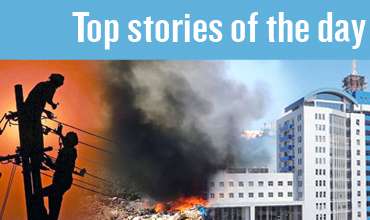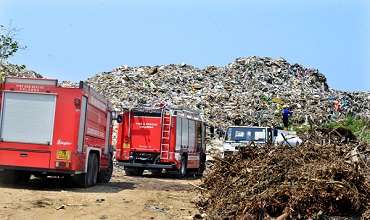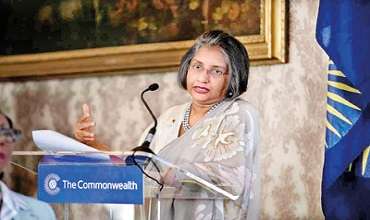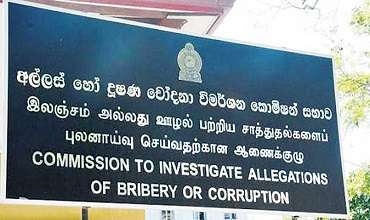Child malnutrition to worsen in the coming months: UNICEF
The United Nations Children’s Fund is appealing for support to reach 2.4 million Lankan children with immediate assistance.
UNICEF’s Humanitarian Action for Children report for 2023 released yesterday (06) stated that an estimated 6.2 million people (28 per cent of the population) are moderately acute food insecure, while 66,000 people are severely acute food insecure.
UNICEF has appealed for US$28.3 million for 2023 to meet critical needs linked to nutrition, social protection and humanitarian cash transfers, education and child protection among the most vulnerable children and families affected by the economic crisis.
According to the report, two in five Sri Lankan households (41.8 per cent) spend more than 75 percent of their expenditures on purchasing food, leaving little to spend on health and education.
“Sri Lanka is in the middle of an acute economic crisis that is expected to continue throughout 2023, with an estimated 6.2 million people, including 2.9 million children, in urgent need of humanitarian assistance in 2023,” UNICEF said.
“In a context of soaring inflation, heightened income insecurity and scarce availability of essential products (e.g., food, fuel, fertilizers and medicines), families are unable to meet their basic needs. With the forecast 40 per cent reduction in food production compared with previous years, food insecurity could further deteriorate from October 2022 to February 2023,” the report said.
The global organisation for children said from an already alarming nutrition situation in the country, particularly 'very high' wasting, according to World Health Organization thresholds, the child malnutrition level is projected to worsen in the coming months.
Essential health services have been severely affected by critical shortages of medicines, affecting pregnant and lactating women and children.
“School attendance is frequently low among students and teachers, particularly those in rural schools, due to transportation issues, economic challenges and limited provision of school meals, which discourages school attendance,” the report said.
“Sri Lanka’s social protection system, characterized by high levels of fragmentation, weak coordination, low coverage and large exclusion errors and limited adequacy of benefits, is not yet prepared to respond to a shock of this magnitude and to provide reliable protection to all vulnerable groups and prevent negative coping strategies. Without urgent and robust humanitarian support, the current crisis will have progressive, long-lasting consequences for all children,” UNICEF said.
-
Still No Comments Posted.













Leave Comments